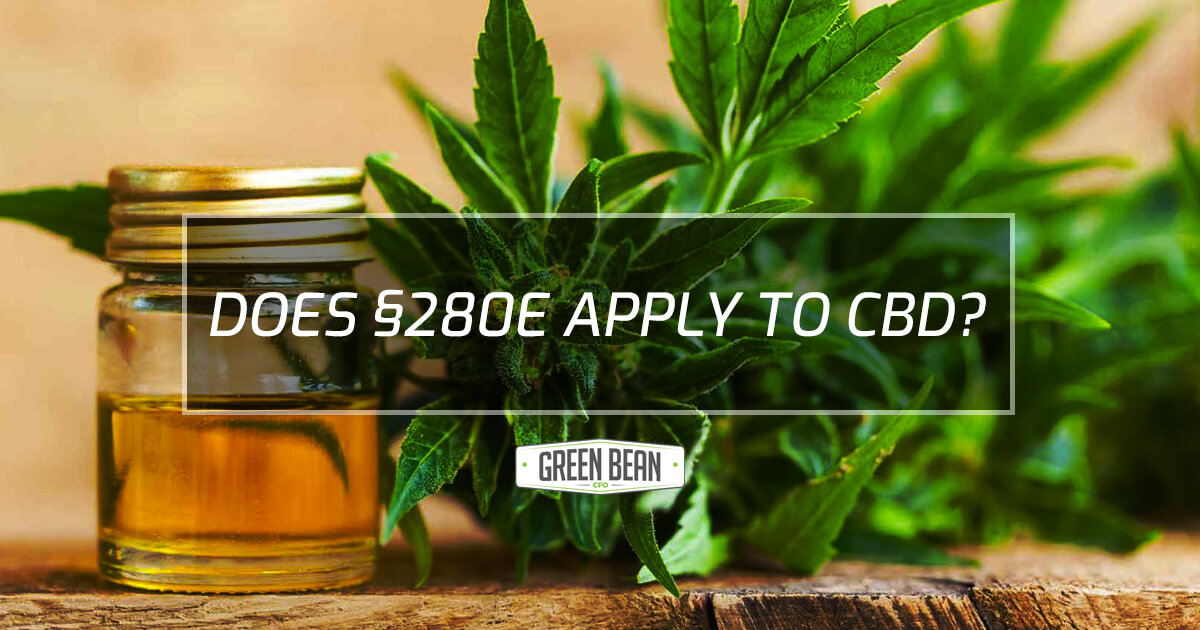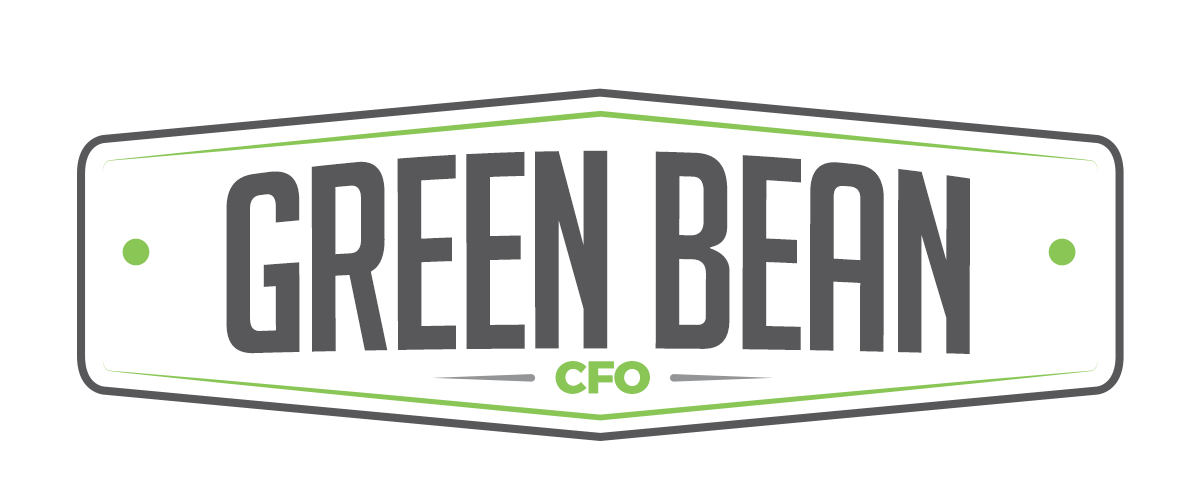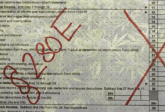Does §280E apply to CBD?

Question: Does §280E apply to CBD?
Answer: CBD is subject to §280E because the DEA says its Schedule I (most of the time).
The Hemp Farming Act of 2018, if passed, would remove cannabis with less than 0.3% THC from Schedule I of the Controlled Substances Act and add it to the mundane list of agricultural commodities. Even if this happens, most CBD companies are currently flying in the face of the DEA and IRS. While the DEA may turn a blind eye, the IRS lives in the past (it may take years before you are audited) and applies the tax laws as they were written in the years being audited. In other words, ignoring §280E in 2016-2018 can catch up to you in 2019 even if the punitive tax laws no longer apply to CBD.
First, you must grasp that the genus Cannabis Sativa includes both hemp and cannabis. How do we draw the imaginary line between “hemp” and “cannabis”? 0.3% THC according to the 2014 Farm Bill.
The Drug Enforcement Agency conceded, and the Court agreed, that the Farm Bill of 2014 supersedes the DEA’s authority under the Controlled Substances Act as it relates to hemp. Section 7606 of the bill distinguishes industrial hemp from marijuana and allows state’s departments of agriculture to regulate hemp research and pilot programs. Furthermore, Section 7606 allows pilot programs to “study the growth, cultivation, and marketing of industrial hemp” that does not exceed 0.3% THC on a dry weight basis. So, maybe if your state authorized you to grow and sell extracts from this industrial hemp, you won’t be subject to §280E. There is no court precedent to date. Only activities conducted in full compliance with state pilot programs are federally legal.
The DEA clarified in a May 22, 2018 internal directive that their intent is not to target cannabinoids (a.k.a. CBD), but to enforce only those products which fall under their definition of “marijuana”. How does the DEA draw the line between hemp and marijuana (hint, it’s not 0.3%)? The DEA excludes the mature stalks and sterile seeds from the definition of “marijuana”; however, they contend that CBD can only be produced from the parts of the plant which are defined as “marijuana” under the Controlled Substances Act. Specifically, the DEA quotes scientific literature that suggests that cannabinoids can only be derived in excess of parts per million from the illegal parts of the plant. Effectively, you can’t produce a CBD product that is not subject to §280E unless it is pursuant to Section 7606 of the Farm Bill of 2014, and even under those circumstances, it is uncertain whether the sale of said product is “trafficking” in a Schedule I controlled substance unless it’s derived from the sterile seeds and/ or stalks of the plant.
As of September 28th, 2018, CBD is Schedule I per the DEA unless it is approved by the FDA for medical use and is less than 0.1% THC, in which case the DEA has agreed to move such drugs to Schedule V. The DEA has rescheduled a single CBD drug from I to V per the FDA’s approval to date, Epidiolex, which treats epilepsy (See also: DEA Finally Acknowledges CBD’s Medicinal Value). Currently, the DEA cannot remove CBD products from being scheduled altogether due to a 47-year-old revision of an international treaty, the Single Convention on Narcotic Drugs. This means that in states where marijuana is not legal, a patient would technically need a prescription for CBD to be in compliance with state and federal law.
Since CBD is being shipped internationally and across state lines on a regular basis, it is clearly not the DEA’s intent at present to fully pursue prosecution of CBD distribution in accordance with the Controlled Substances Act; however, the IRS may take a different position. The IRS sees black and white – §280E or not. We cannot find an instance of an audit where a CBD company was fined or penalized for not adhering to §280E; however, we cannot find anything on the matter. The IRS has a long memory – they are probably closer to 2015 than 2018 in flagging tax returns of CBD companies for audits, and the explosion of CBD businesses is relatively recent. Guidance is virtually non-existent. As things become clearer, expect some battles between CBD peddlers and the IRS.
Even if you fall within these guidelines at the federal level, you are not home free. The waters get muddier at the state level. In California for instance, Industrial hemp seed oil and hemp-derived CBD oil are two completely different animals, as California’s Department of Public Health has pointed out. California is aligned with the FDA in their position that CBD oil derived from hemp is not fit for human or animal consumption. But THC is!? Consumers can buy edible THC products at California dispensaries.
The confusion will remain until the alphabet soup of federal and state agencies all arrive at the same conclusion: CBD has medicinal value. At the time of this publishing, the FDA is calling for public comments on cannabis rescheduling. Remember, CBD would have to be Schedule III, IV, or V for §280E not to apply. In the meantime, proceed at your own risk. Just don’t follow in the footsteps of Altermeds!
By Brian S. Whalen, CPA




